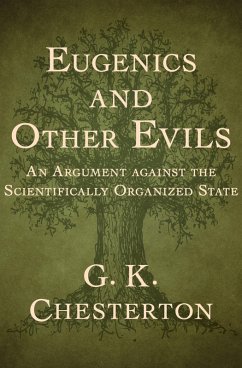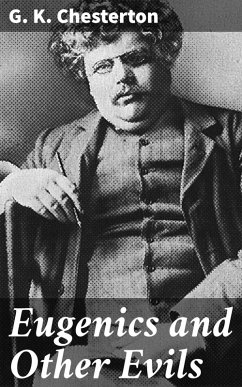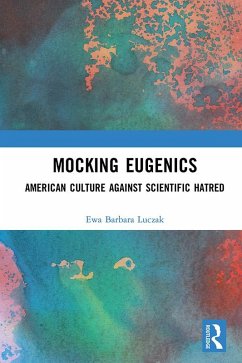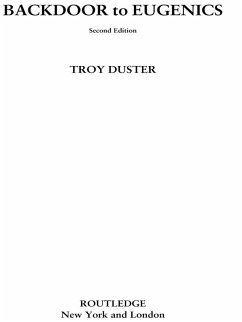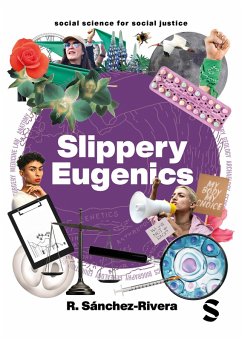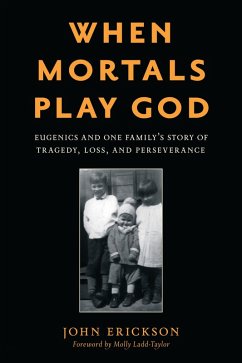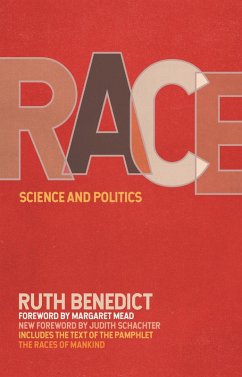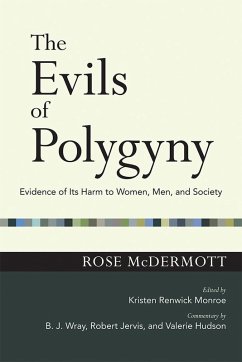
Eugenics and Other Evils (eBook, ePUB)

PAYBACK Punkte
0 °P sammeln!
In "Eugenics and Other Evils," G. K. Chesterton presents a fervent critique of the early 20th-century eugenics movement, meticulously dissecting its philosophical foundations and socio-political ramifications. Employing his characteristic wit and incisive logic, Chesterton explores the dangers of applying mechanical principles to human life, advocating for the intrinsic value of individuality over collectivist ideologies. This polemic not only situates itself within the historical context of a burgeoning eugenics discourse but also stands as a timeless reflection on the moral complexities inhe...
In "Eugenics and Other Evils," G. K. Chesterton presents a fervent critique of the early 20th-century eugenics movement, meticulously dissecting its philosophical foundations and socio-political ramifications. Employing his characteristic wit and incisive logic, Chesterton explores the dangers of applying mechanical principles to human life, advocating for the intrinsic value of individuality over collectivist ideologies. This polemic not only situates itself within the historical context of a burgeoning eugenics discourse but also stands as a timeless reflection on the moral complexities inherent in social engineering and the commodification of human potential. G. K. Chesterton, a prolific writer and thinker, drew from his diverse experiences as a journalist, theologian, and philosopher to craft this incisive work. His deep-rooted beliefs in Christianity and human dignity fuel his arguments against eugenics, as he posits that humanity's worth transcends mere biological determinism. Having witnessed the socio-economic turmoil and ideological extremities of his time, Chesterton was compelled to champion the cause of the marginalized, emphasizing the dire consequences of dehumanization and mechanistic thinking. "Eugenics and Other Evils" is an essential read for those who seek to understand the moral implications of societal frameworks on human life. Chesterton's provocative insights offer valuable lessons in safeguarding human dignity against the encroaching shadows of reductionism and utilitarianism. This book is a clarion call for an ethical examination of our approaches to societal progress, making it indispensable for scholars, ethicists, and anyone concerned with the future of humanity.
Dieser Download kann aus rechtlichen Gründen nur mit Rechnungsadresse in A, B, BG, CY, CZ, D, DK, EW, E, FIN, F, GR, H, IRL, I, LT, L, LR, M, NL, PL, P, R, S, SLO, SK ausgeliefert werden.




